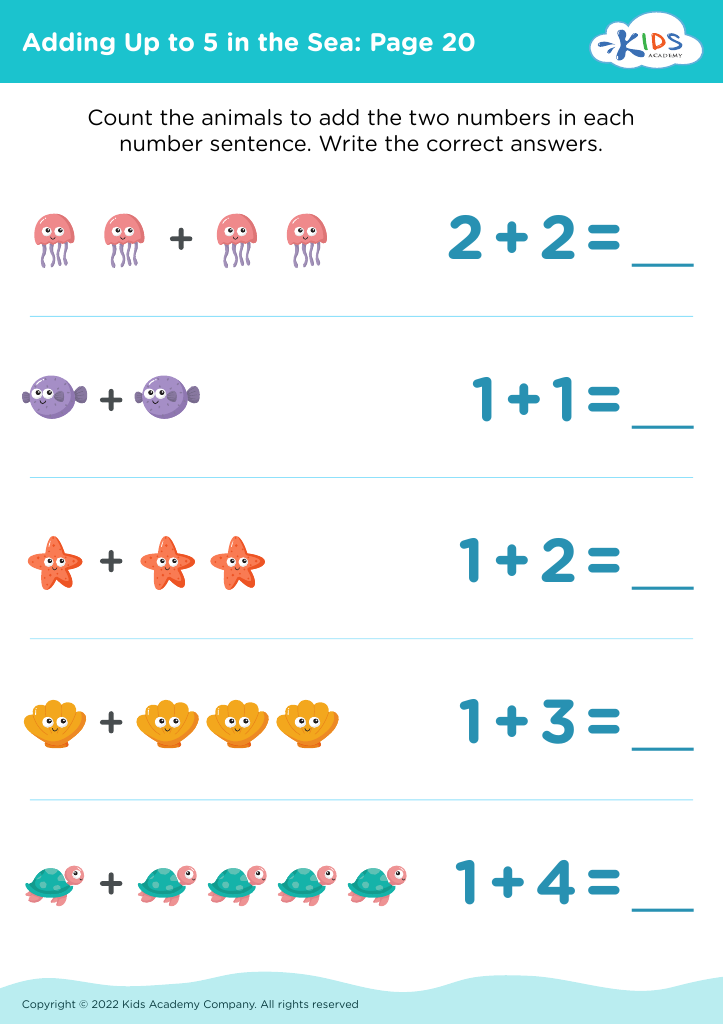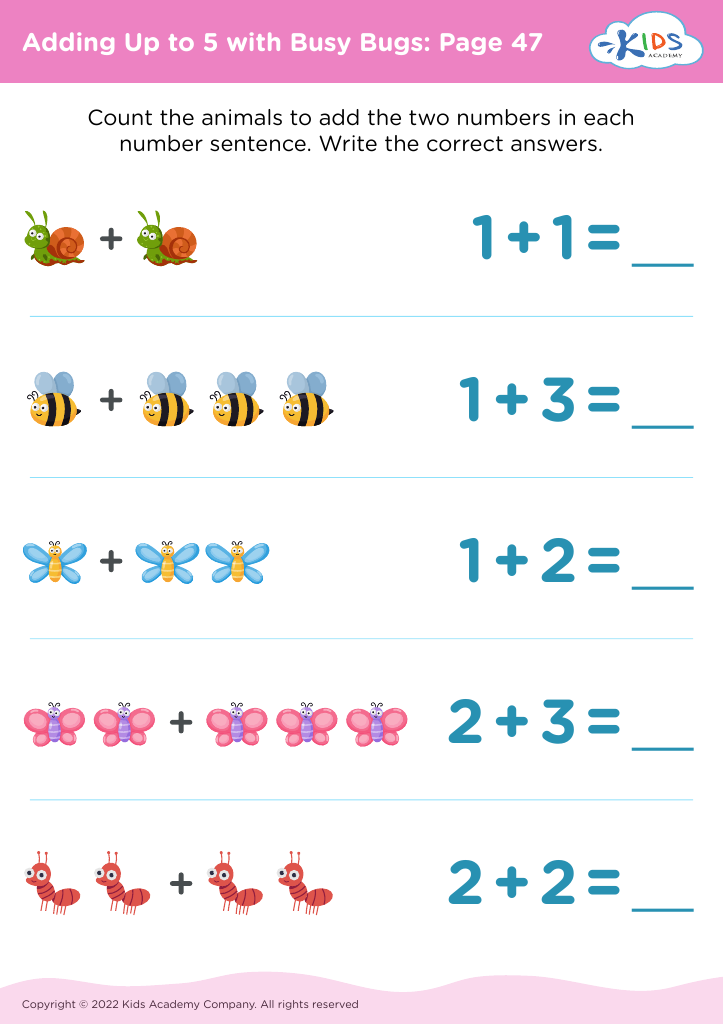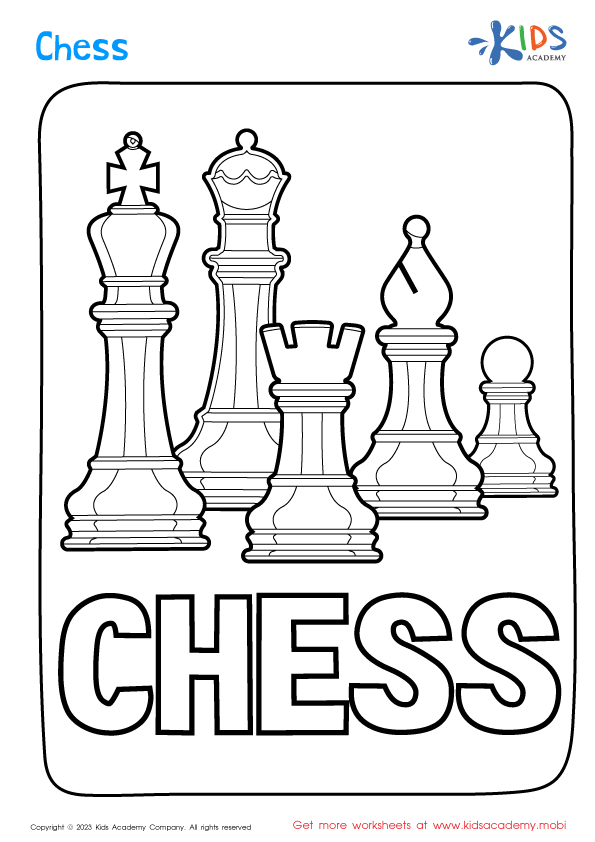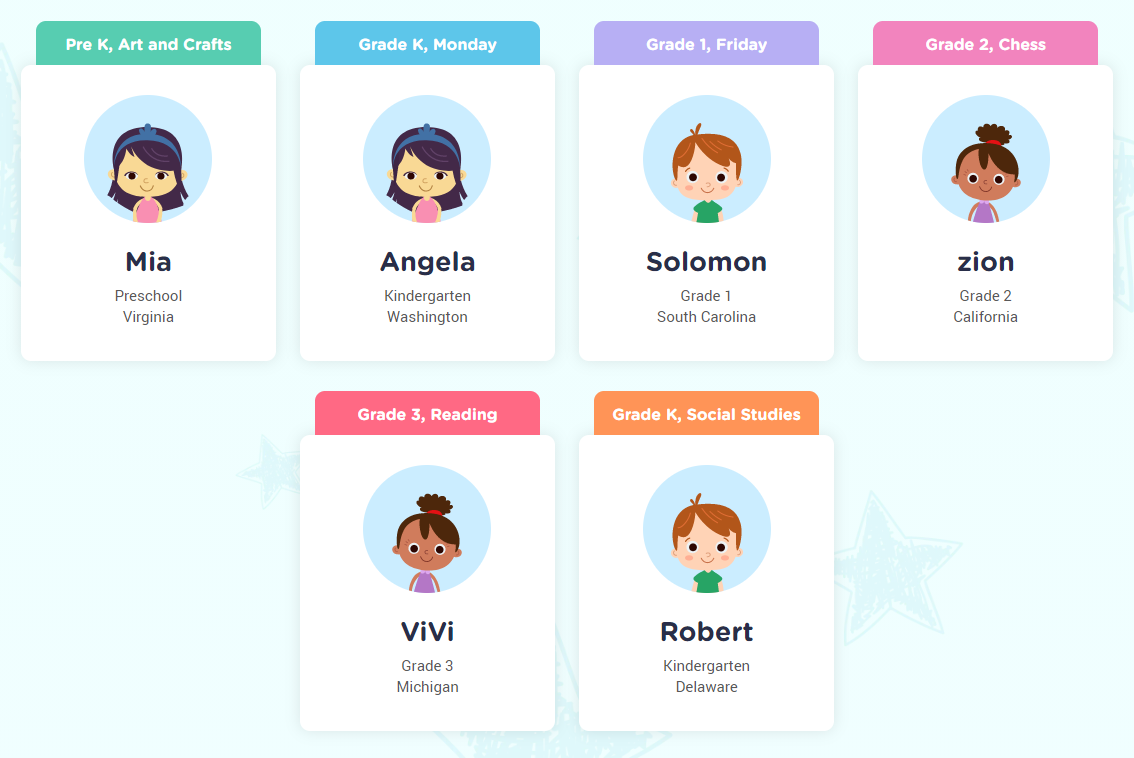Enhancing fine motor skills Worksheets for Ages 5-7
4 filtered results
-
From - To
Discover our comprehensive collection of "Enhancing Fine Motor Skills Worksheets for Ages 5-7." Designed to engage young learners, these printable worksheets focus on building essential fine motor skills through fun, hands-on activities. From tracing and cutting to coloring and crafting, our curated exercises are perfect for developing hand-eye coordination, finger strength, and dexterity. Ideal for both classroom and home use, these worksheets will help children master the skills needed for writing, drawing, and other intricate tasks. Explore now and watch your child's fine motor abilities flourish with every activity!
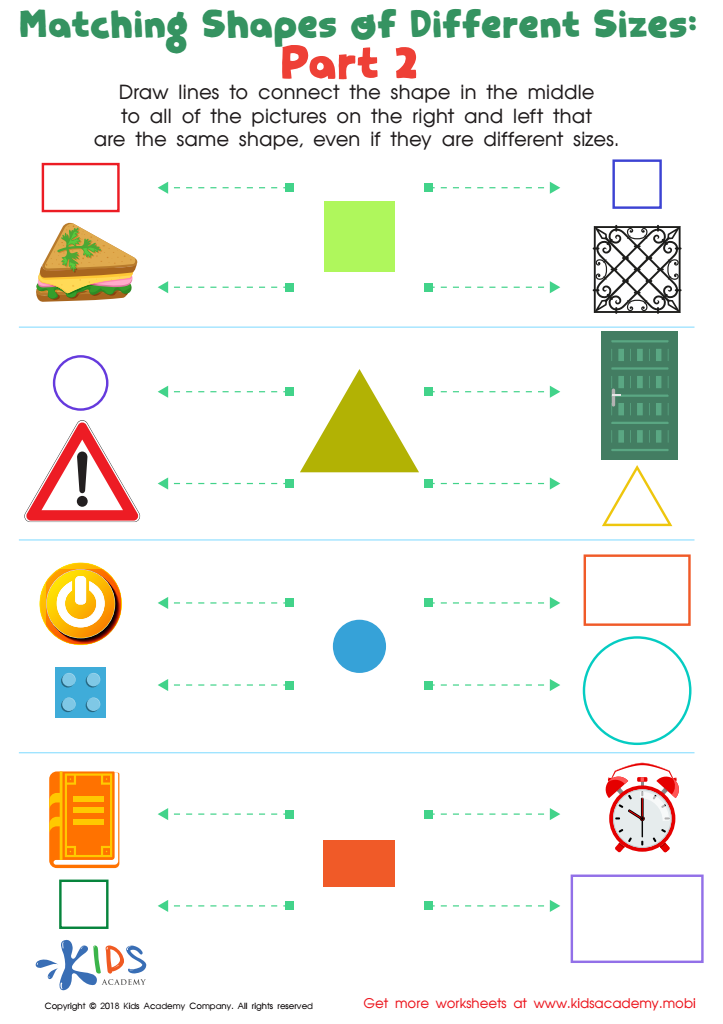

Geometry: Part 2 Worksheet
Enhancing fine motor skills for children aged 5-7 is crucial for their overall development and future success in both academics and daily activities. Fine motor skills involve the coordination of small muscle movements, particularly those in the fingers and hands, which are essential for tasks like writing, buttoning clothes, and using utensils. At this age, children are just beginning to master these skills, and proficiency in fine motor tasks can significantly influence their self-confidence and independence.
Strengthening these skills lays a foundation for academic success. For instance, being able to hold a pencil correctly and write legibly directly impacts their ability to perform well in school. It also affects their literacy and numeracy skills, as activities like cutting shapes with scissors and manipulating small objects promote cognitive development, including problem-solving and spatial awareness.
Furthermore, fine motor skills are tied to social and emotional development. Children who struggle with these skills may feel frustrated or upset when they can’t keep up with their peers, leading to lower self-esteem. By incorporating fine motor skill activities into their daily routine, parents and teachers help children enhance their dexterity and precision, fostering a positive learning environment that can boost their emotional and social well-being. Therefore, investing time in developing these skills early on can set children on a path toward lifelong competence and confidence.
 Assign to My Students
Assign to My Students

